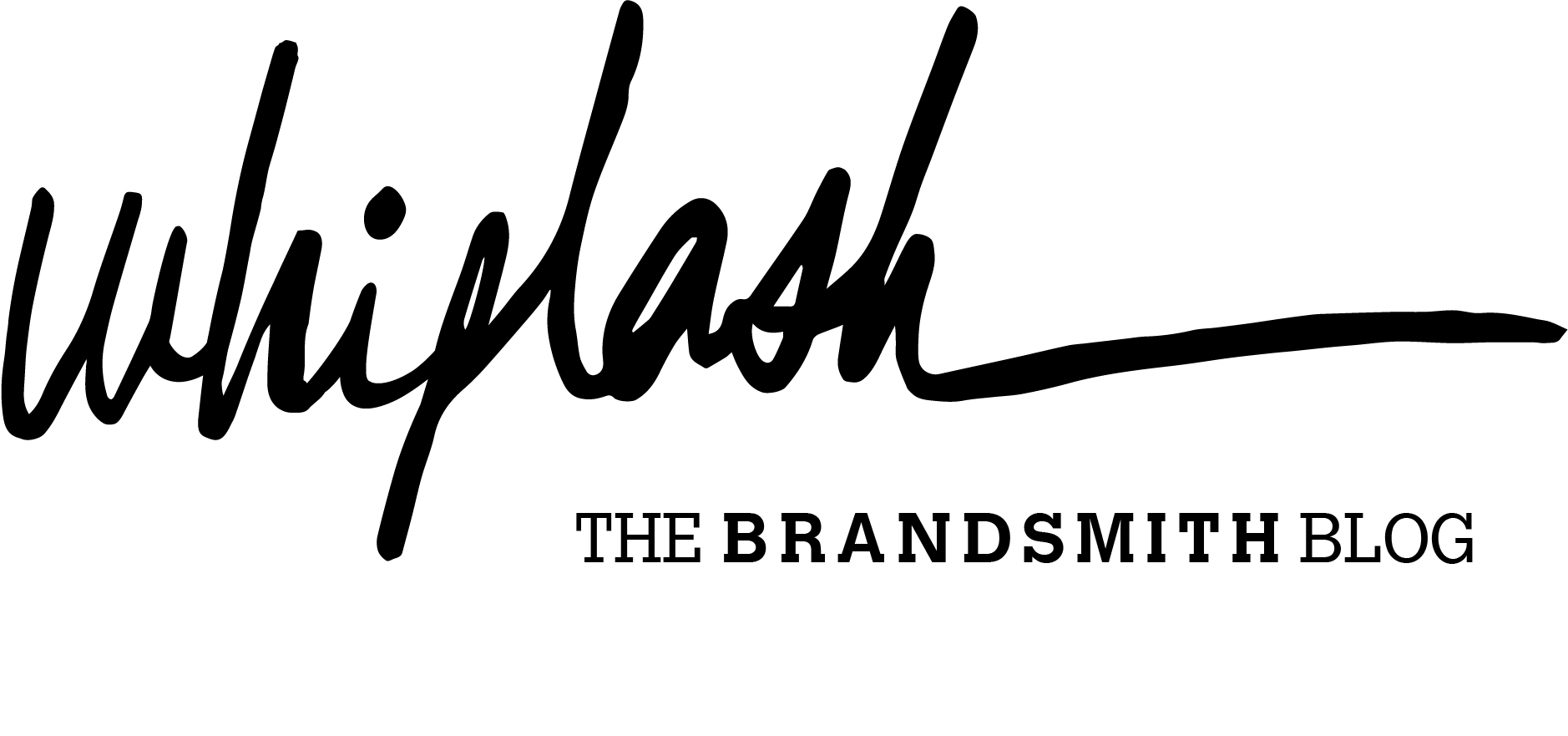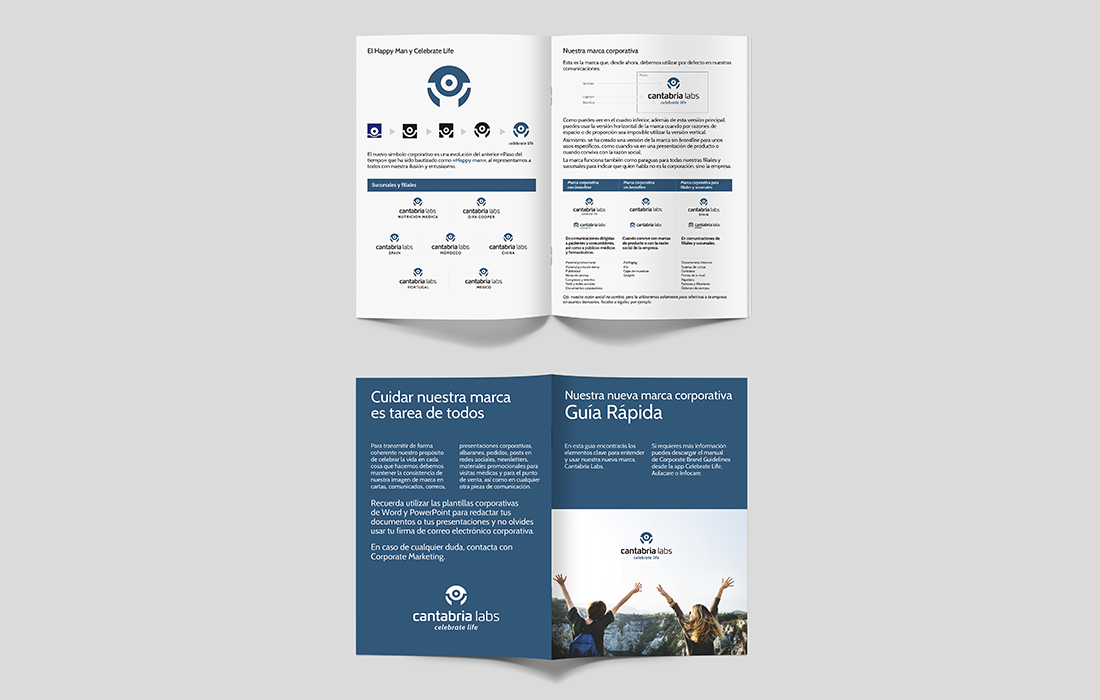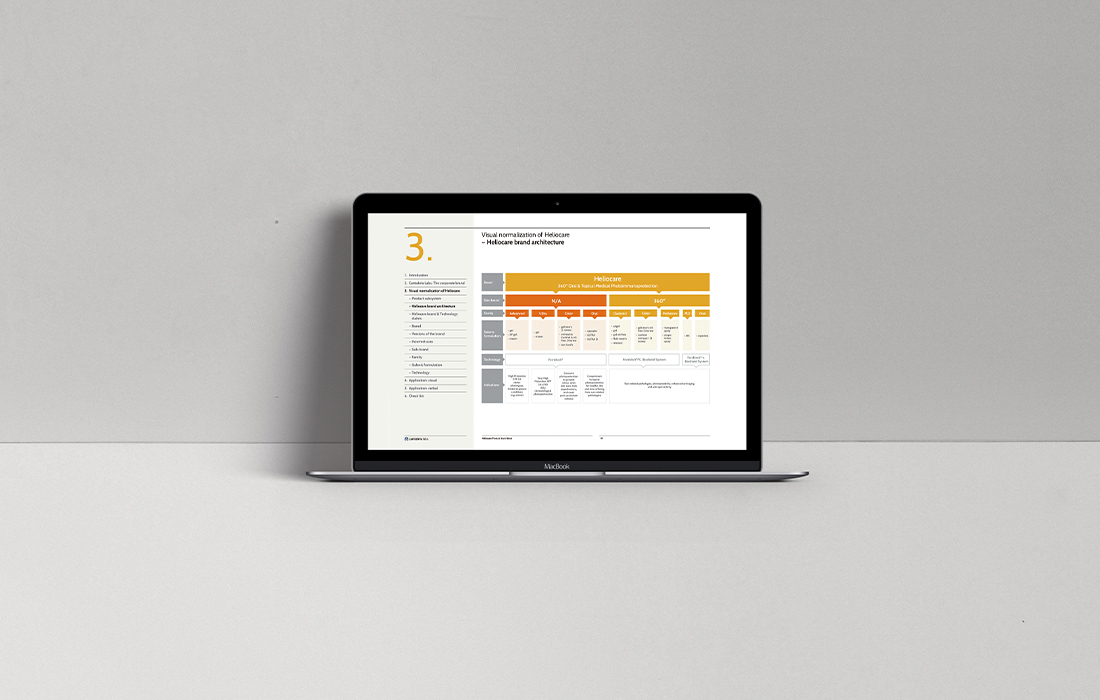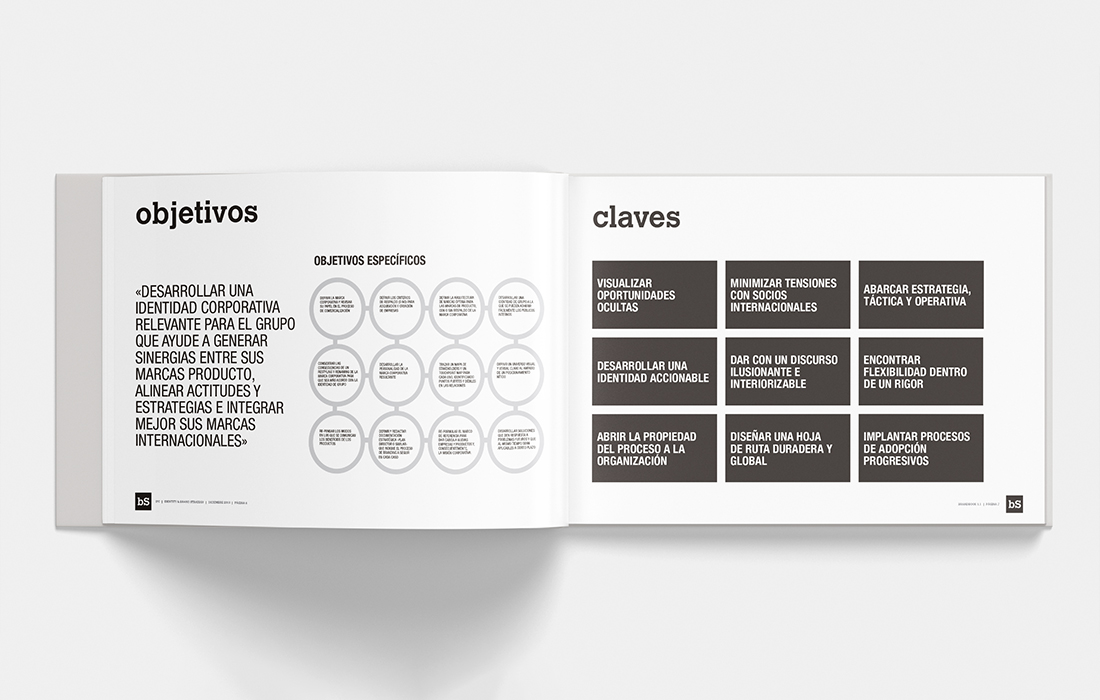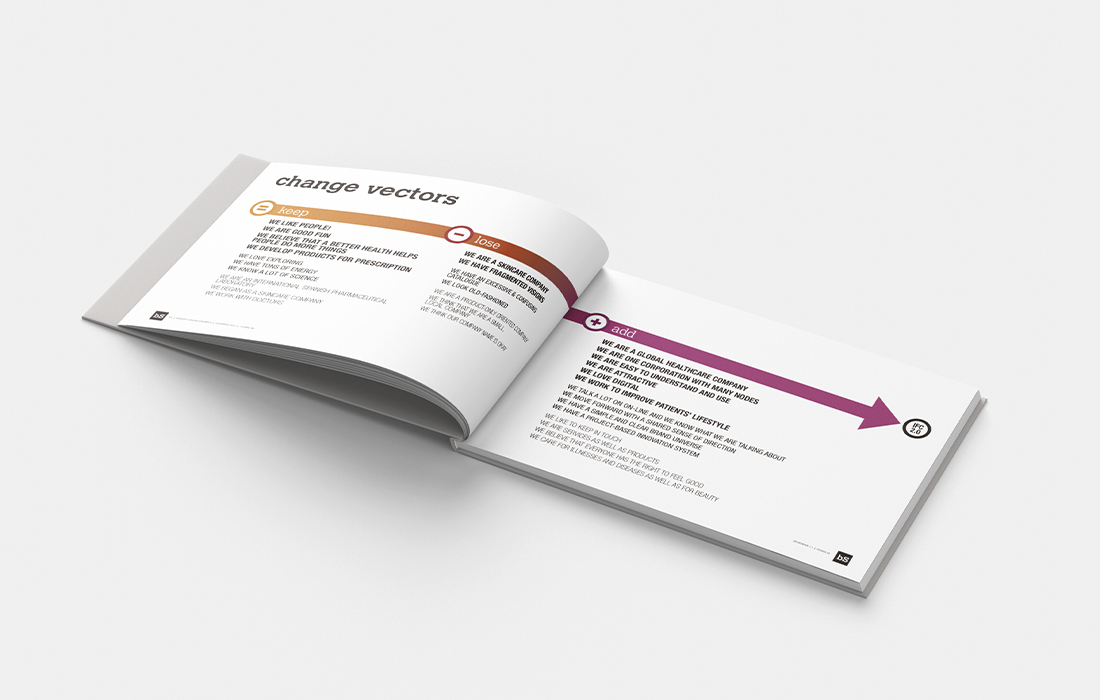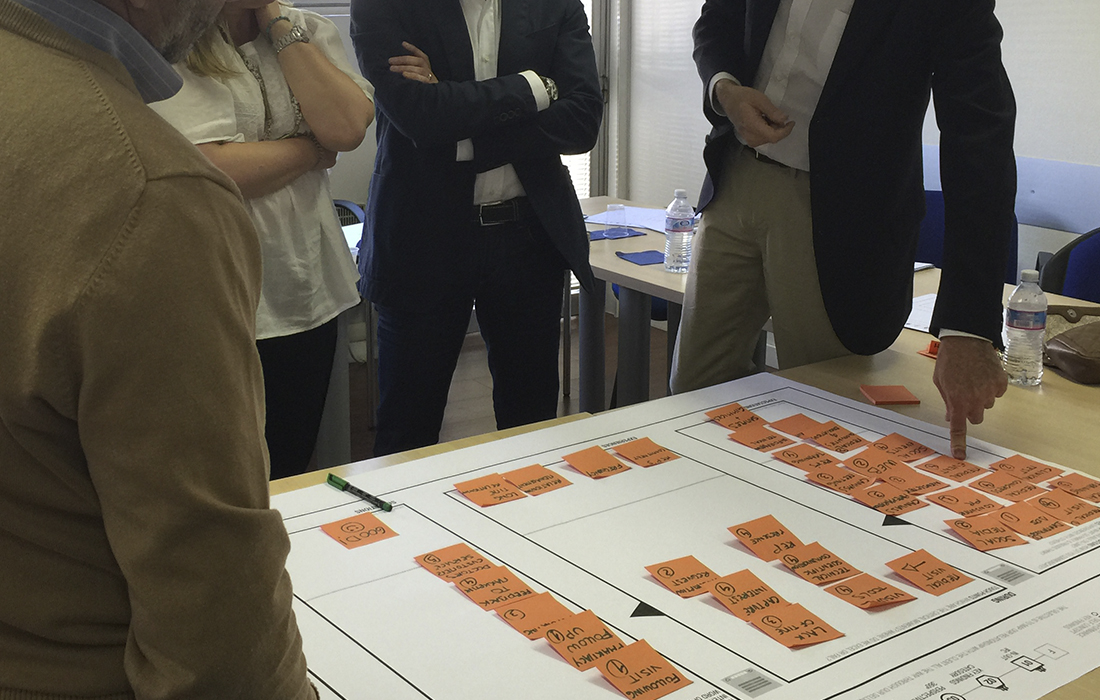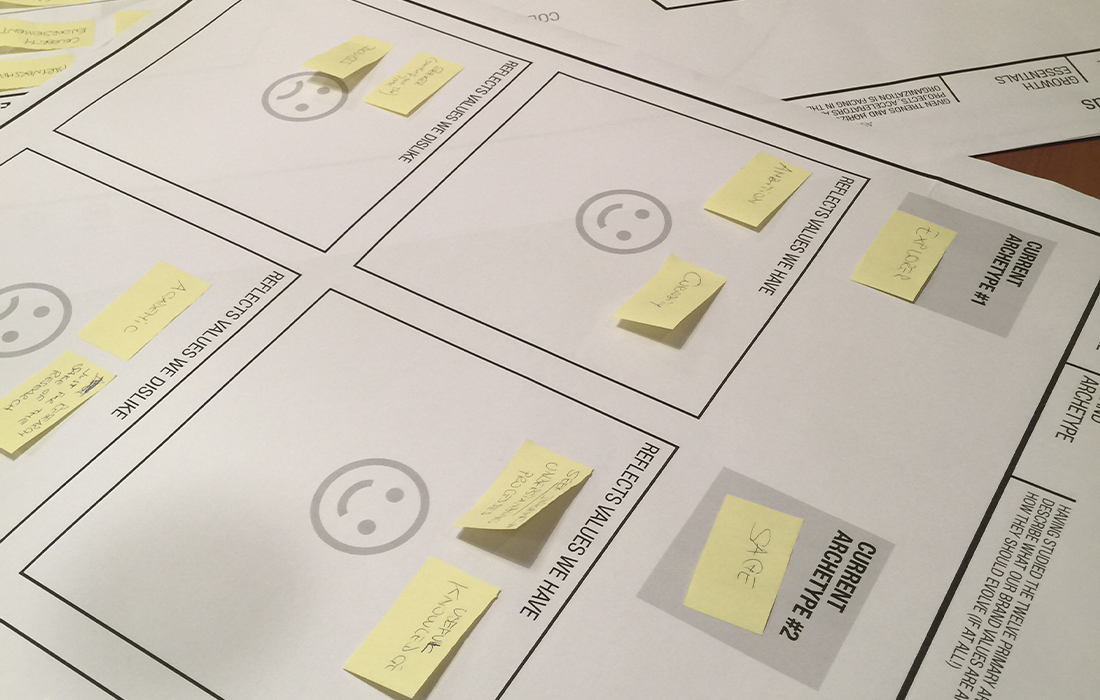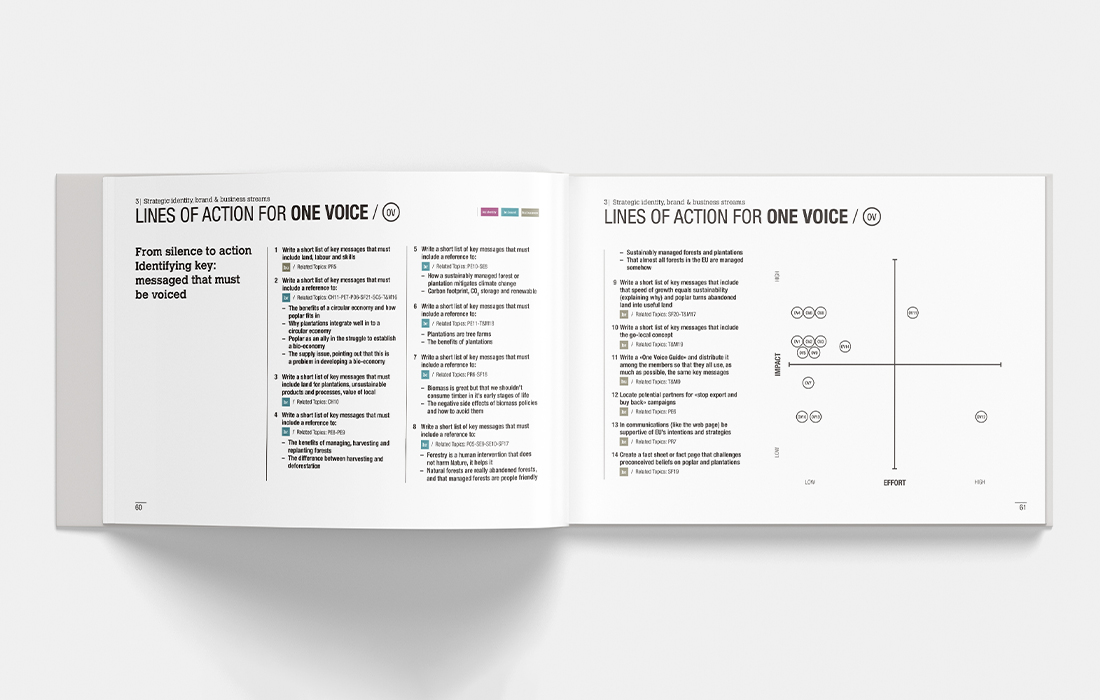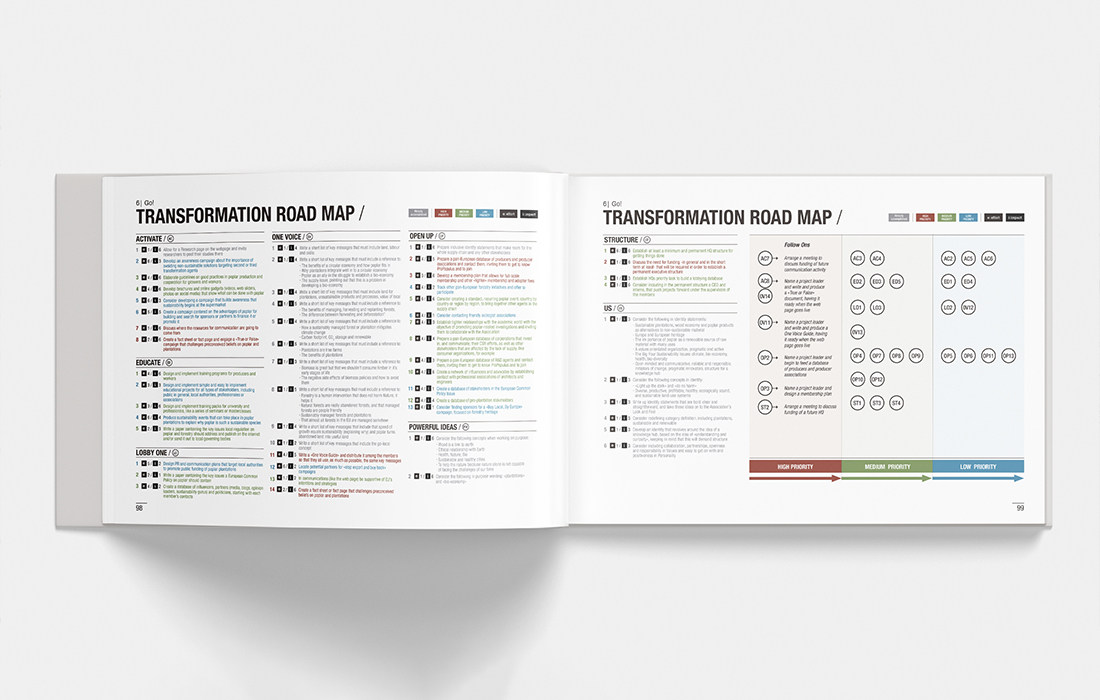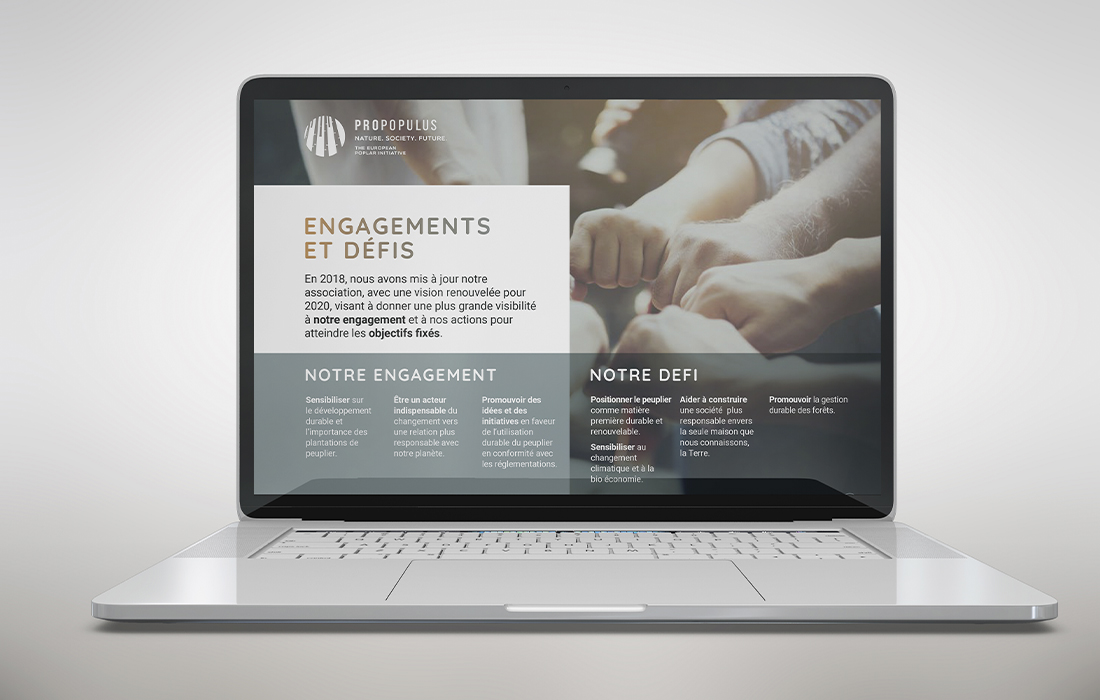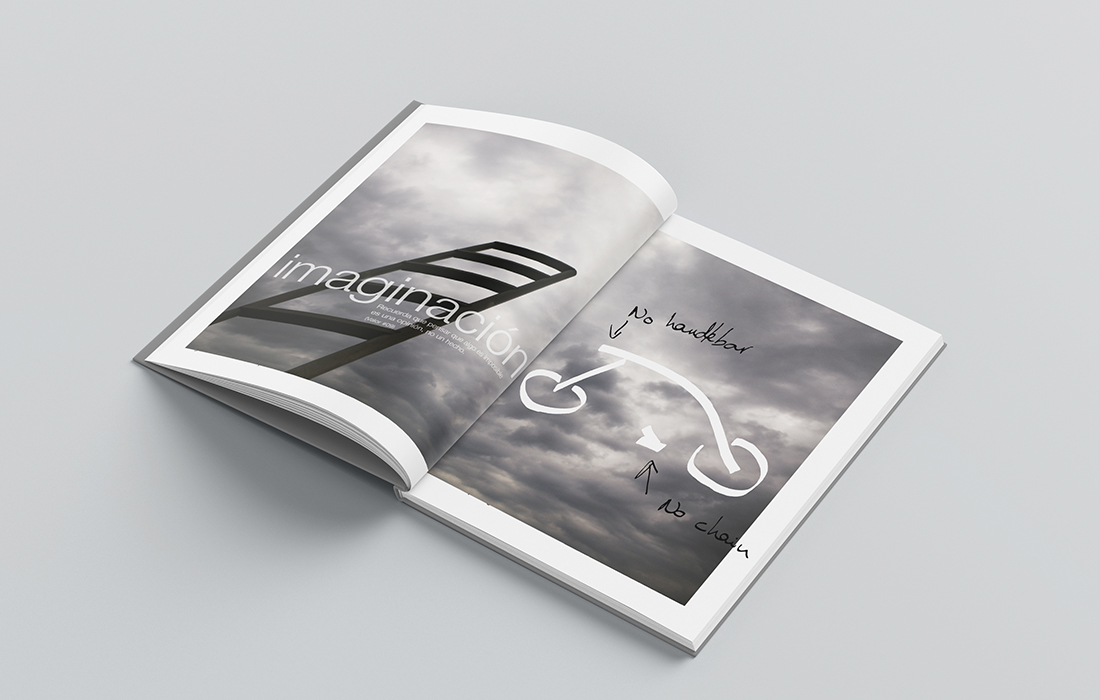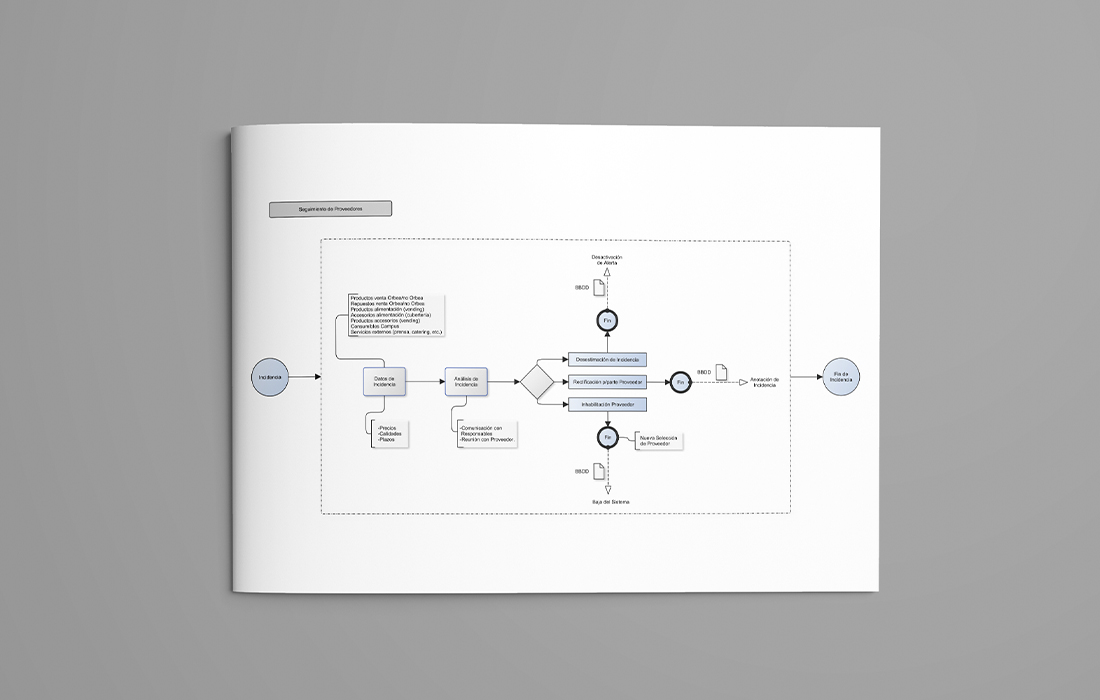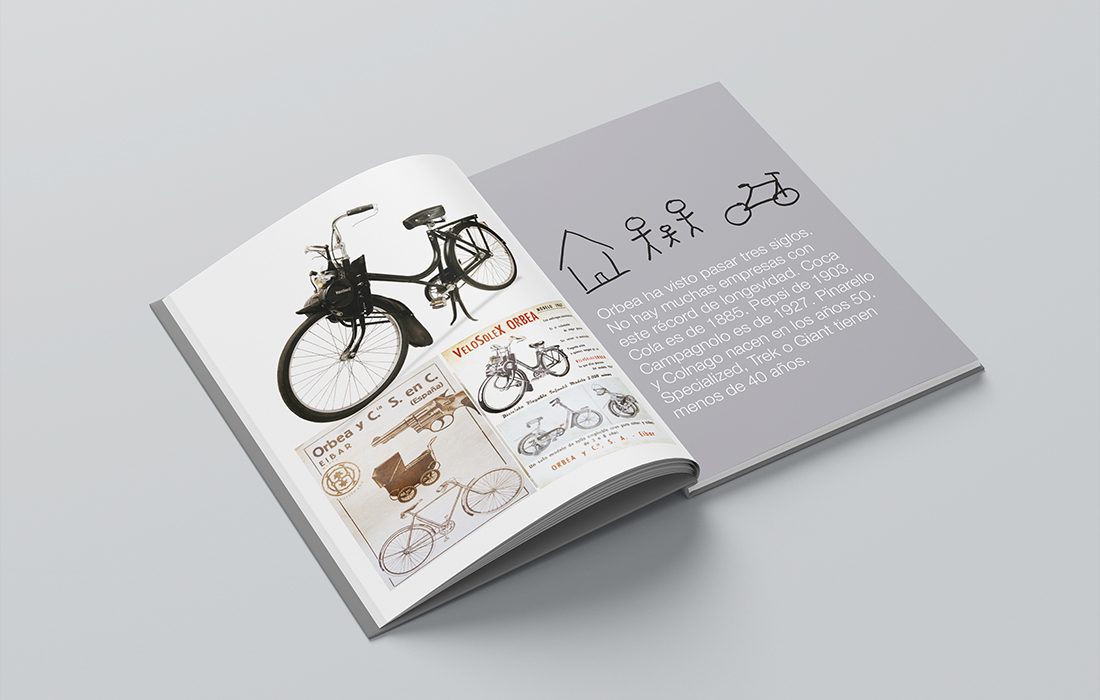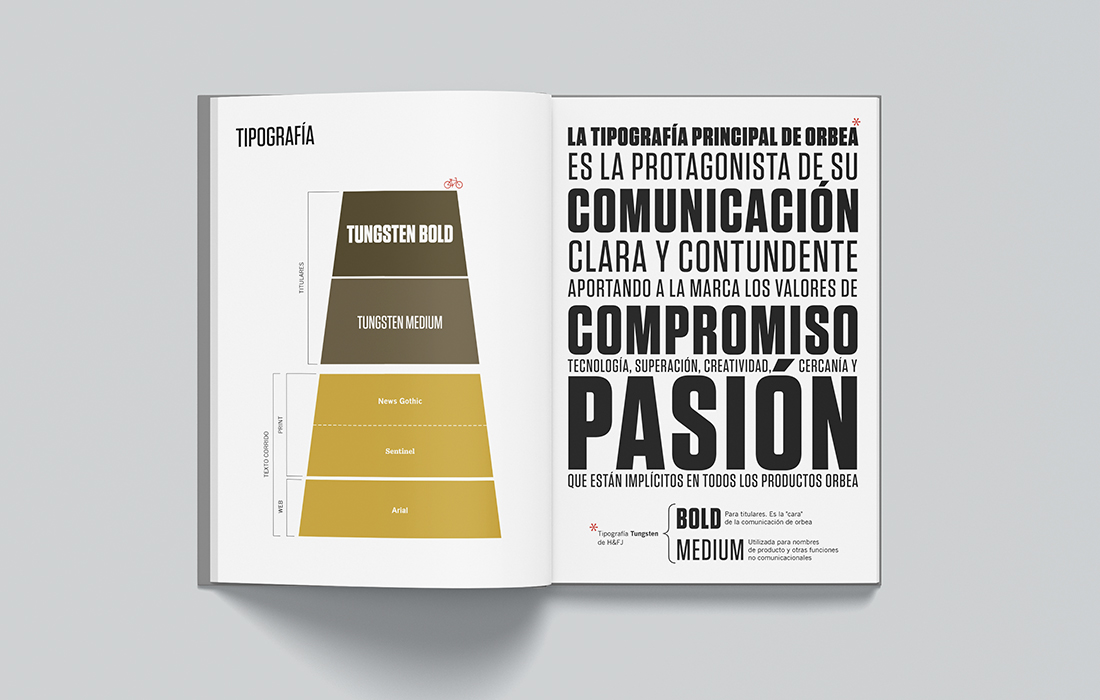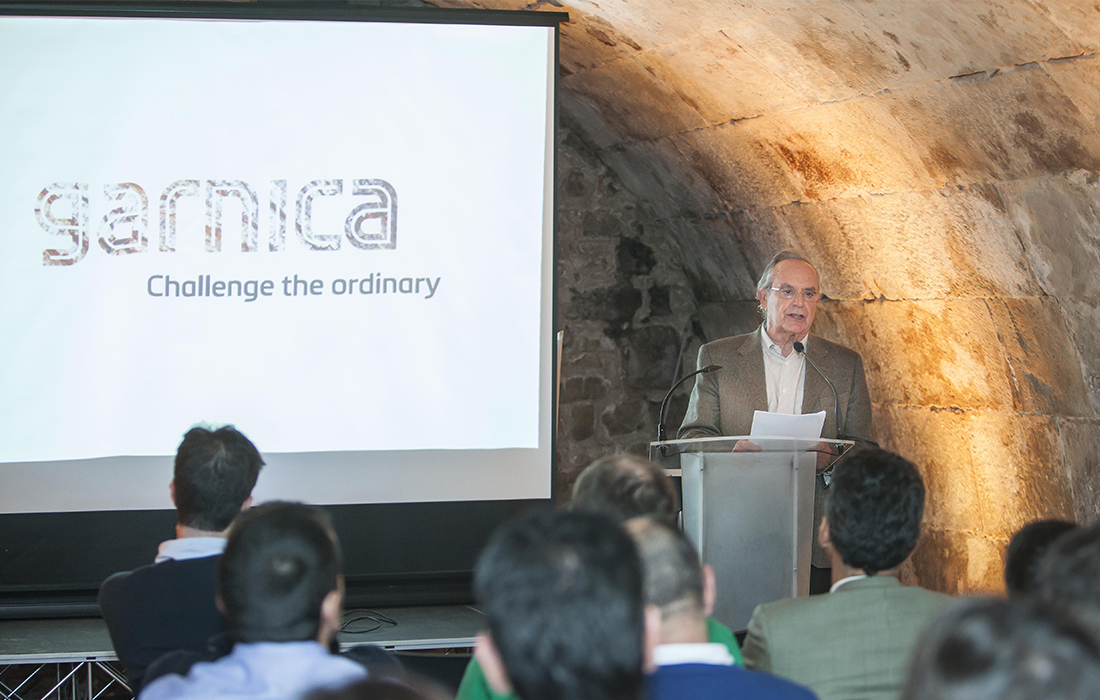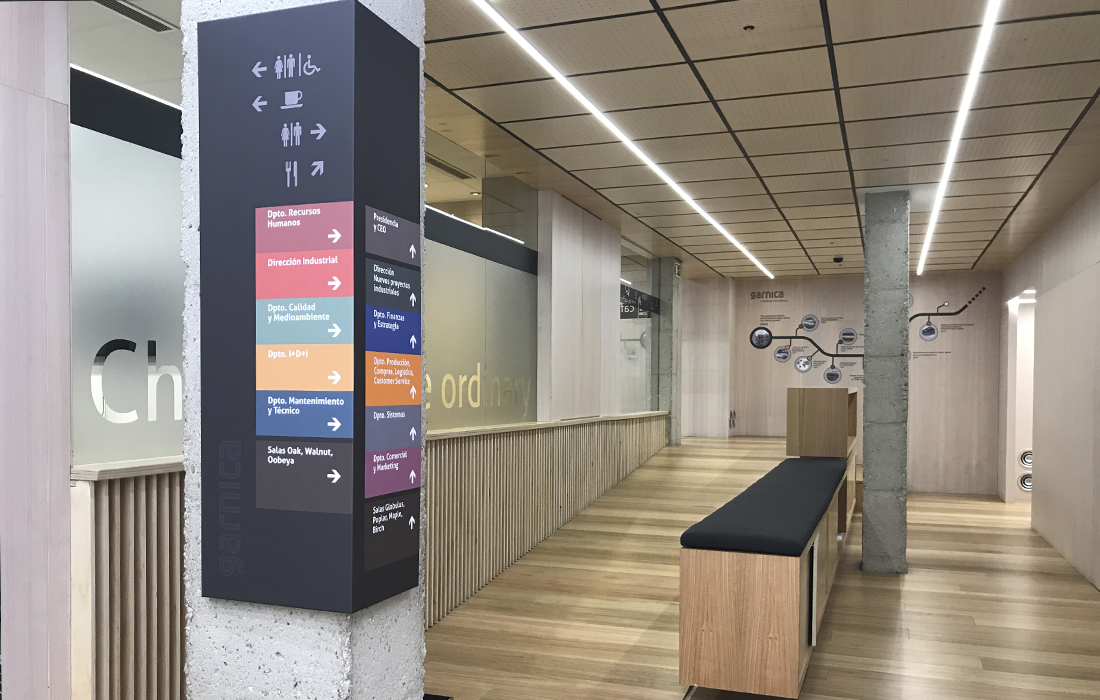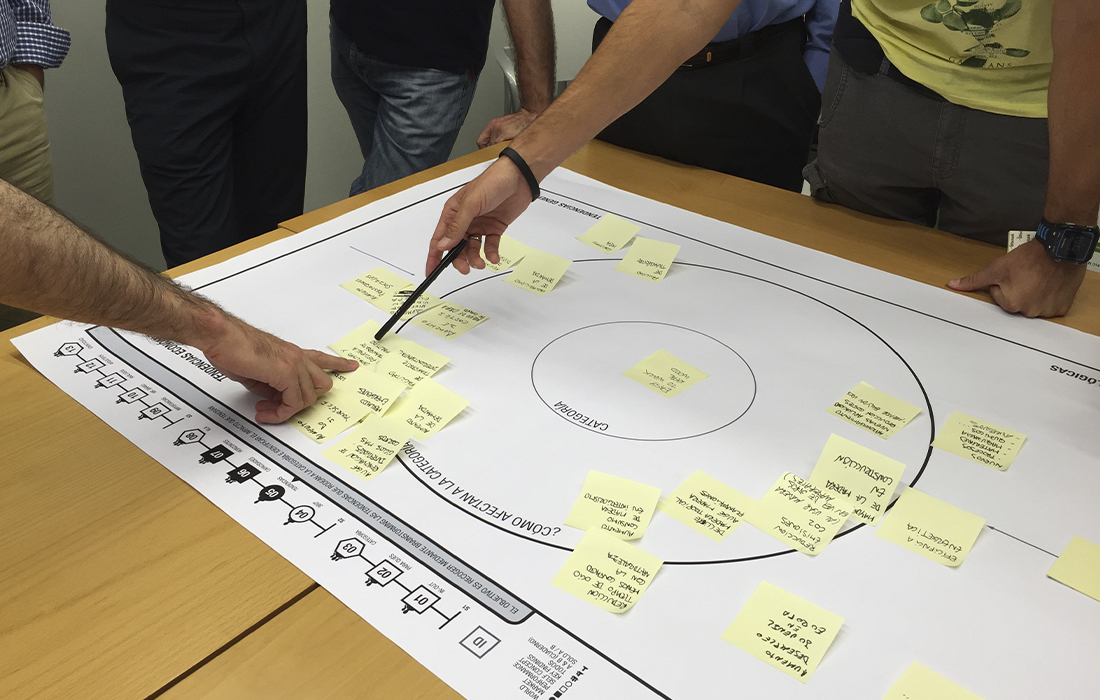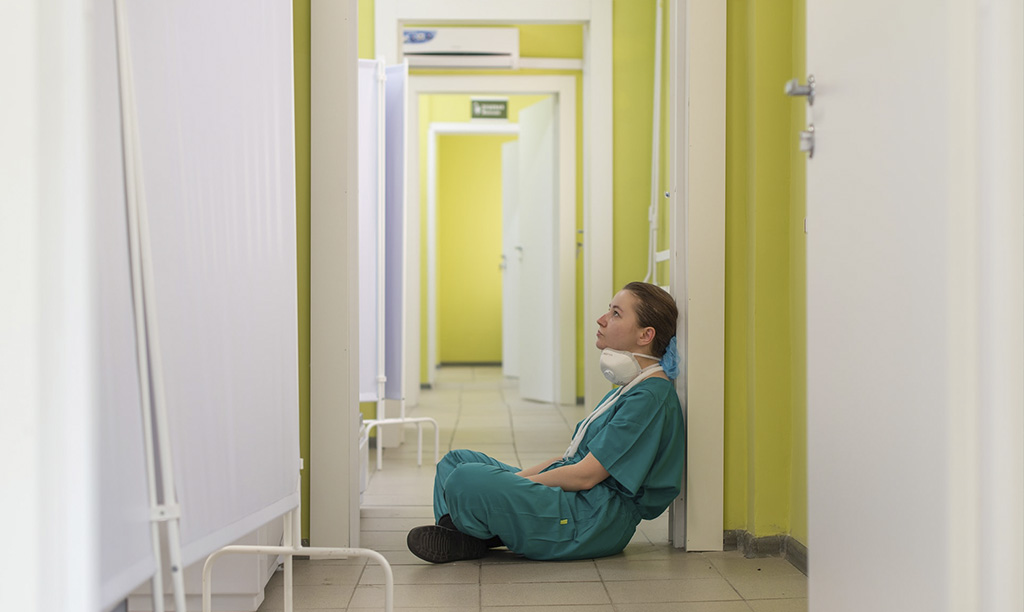
10 Jul The new normal of The Leopard
Whiplash Team, July 10th, 2020
The new normal of The Leopard
In 1958, a year after the death of its author, The Leopard was published, the only novel written by Giuseppe Tomasi di Lampedusa. Through the words of the leading character Tancredi Falconeri it was here where the writer coined the famous phrase “It takes something to change for everything to stay the same”. Since then, “cat-leopardism” defines a change that draws a circle and puts things back to their starting point, at least in appearance. The new normality, arisen after the health crisis caused by the Covid-19 puts us before a reality where, in terms of economic and business models, some things are likely to change, but for the moment everything continues as it was.
The world was never more VUCA than now. The volatility, uncertainty, complexity, and ambiguity, which already prevailed in times of technological disruption, have increased even more as a result of the pandemic, which according to the WHO is far from being controlled. On the contrary, it continues to afflict the world and, along the way, has revealed the weaknesses of the prevailing economic and business models.
In various forums and publications such as F&D, from the International Monetary Fund, or on the OCDE page, the impact of the disease has been analysed. Not only on how Covid-19 has to change the world and the world economy, but also warns about the need for a structural transformation in the ways of valuing, manufacturing and consuming, to correct inequalities and favour more fair and responsible models.
Meanwhile, in magazines specialized in business topics, such as Forbes, HBR, or PRWeek, just to name a few, countless articles are being published about the new normal and what companies and brands must do to adapt and position themselves in this unprecedented scenario. Advice on how not to lose relevance, how to be transparent, how to win over the post-Covid-19 consumer. Articles that say nothing new, even if they dress it up as a novelty.
Some countries are timidly returning to activity with the intention of mitigating the effects that the inevitable crisis caused by the forced stop to contain the contagions will have on the economy. Meanwhile, organizations try to adapt to the new normality without understanding very well what it is because we are struggling through murky waters.
It is true that the new normality has brought some different practices in work and business environments such as videocalls and videoconferences and the new ways to teamwork. It is also true that, in Spain at least, during the state of alarm, we saw the ability and agility of some industries to reconvert themselves temporarily into suppliers of masks, PPE or respirators.
However, situations such as the “Remarkable mismatches between the social value of what ‘key workers’ do and the low wages they receive follow from the familiar failure of the market to value adequately what really matters”, described by Daniel Susskind in the Life Post – COVID-19article in the magazine Finance & Development, will require structural changes in the model and in business and public policies. That will have to be seen.
During his interview in the series Positive change for the day after, Juan Angel García, vice president and general director of the Equipment Division of the Mondragon Corporation, pointed out that the industrial and consumer model is so globalist that “when we all go to start the machines in our factories or we are going to open stores the business models will be exactly the same. We have not been able to change, we have not had time to change things.” Indeed, in three months of lock down there has been no time to make profound transformations. Perhaps some superficial ones, but none that imply a real metamorphosis.
But García also indicated the importance of reflection and debate stemming from the pandemic: “I am certain that reflections regarding the economic model, the model of globalization in certain sectors, are totally necessary. In other words, what we have been experiencing from the point of view of supplying basic products, in some way, is totally unbalanced.”
According to him, these reflections should revolve around “who has the economic power and the power of supply worldwide, right? There must be policies that, in some way, protect certain sectors or protect certain industries … What weaknesses do we suffer at research level? What weaknesses do we suffer at the level of some basic products and that, in some way, we have to protect and boost?”.
Hence, given the possibility of a second outbreak or new viruses, voices have arisen in favour of “de-globalization” and self-sufficiency in the production of basic sanitary material, such as those of Franco Dolfini, owner of the factory Francodolfini Automatisms, who during the state of alarm and faced with the rise in prices of Chinese masks, developed a machine capable of producing 160,000 pieces per day with improvements so that the product is compatible with European regulations. “Before, masks were purchased very cheaply, 10 times cheaper than now, so it was not profitable to start manufacturing masks in Europe. We have to get rid of this monopoly. What has happened is likely to happen again and we will have to be self-sufficient, “said Dolfini.
The Mondragon Assembly cooperative – part of the Mondragon Corporation – also exported three devices to its Vizcaya plant from its Chinese factory at the request of the Government, which, at full capacity, began to produce 10 million masks as of the first week of May.
However, we will have to ask ourselves if it is a self-governed model –long since surpassed by the benefits of globalization– the one we want to adopt for the future, or rather, we should give it a twist and assume agility or the introduction of LEAN production model, as one of the structural changes in the Spanish industry. Aim instead of the reconversion of the industry towards the so-called strategic sectors in times of corona virus but more towards the concept of a policy of strategic supply and storage of products such as masks, respirators or PPE.
For the time being, although we have observed some changes in processes, such as the increasingly formal incorporation of telecommuting in operations of various companies, we see that little or nothing has actually changed. As an indication, health workers, the group that received applause every afternoon at 8:00 pm continues to demand desperately for more staff and a 35-hour work week. So far, we see that The Leopard’s philosophy prevails, and that some things change but everything stays as it was.

